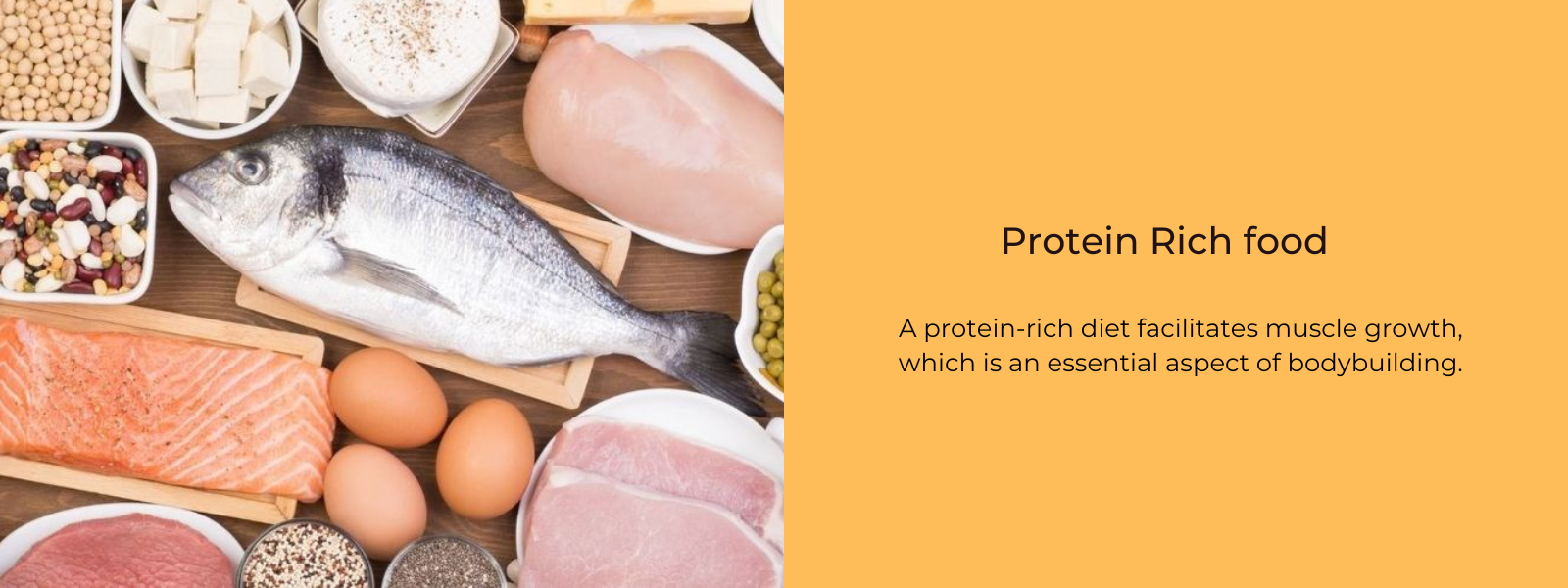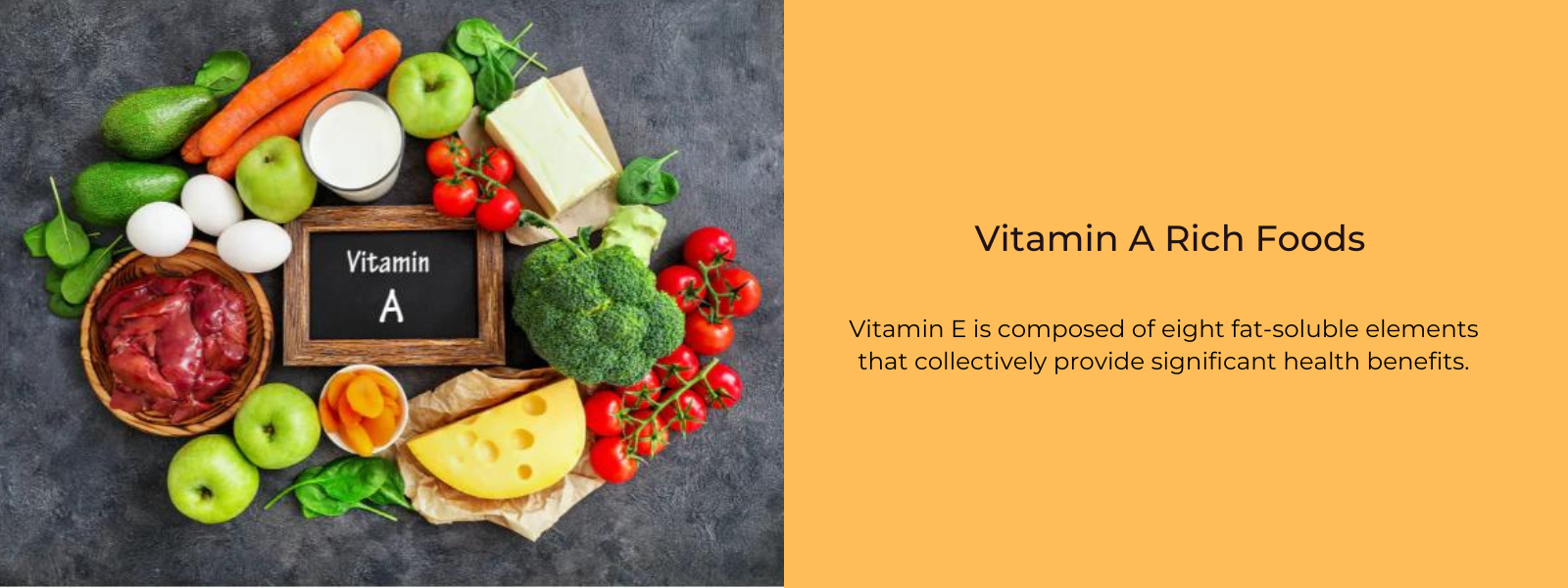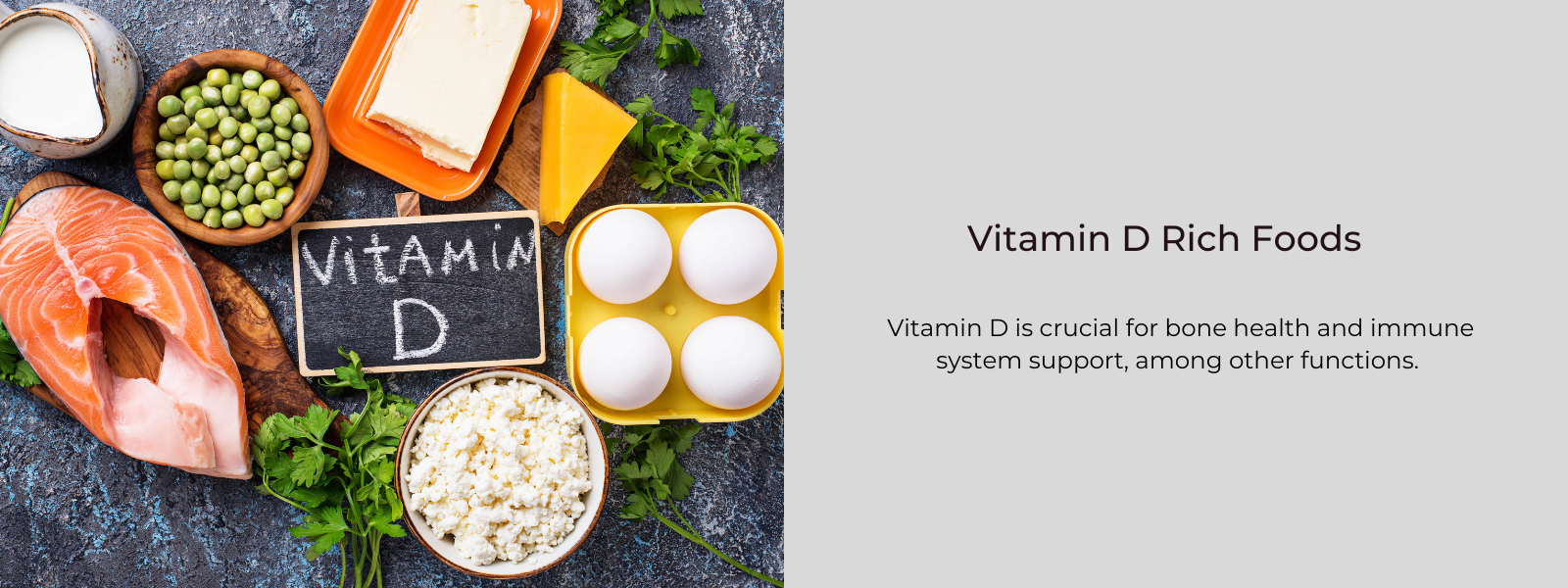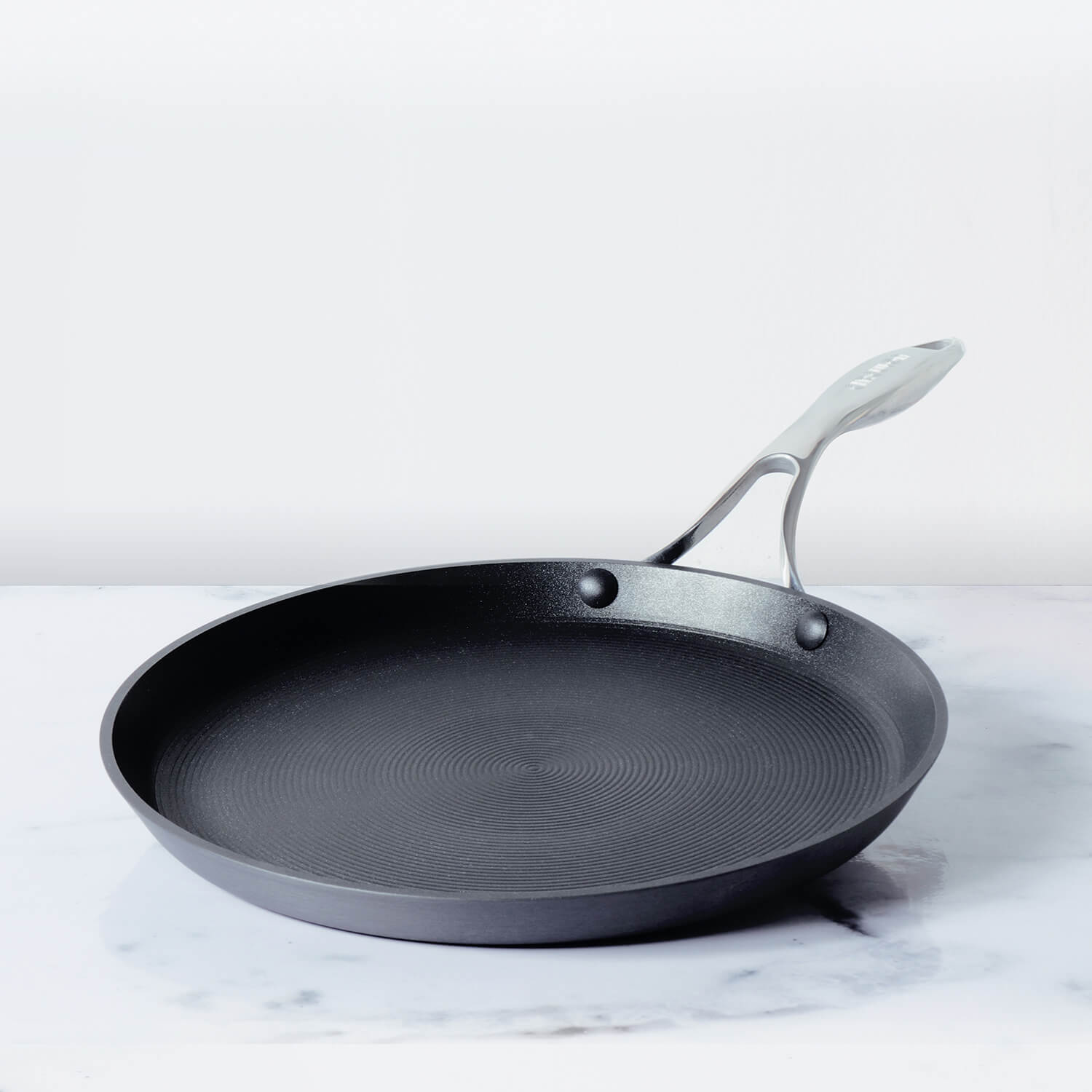Meal prep can be a time-saving solution, making it easier to manage your meals and overall schedule. By investing some time upfront to prepare meals, you can enjoy the convenience of having healthy and ready-to-eat options throughout the week, ultimately saving you time and effort in the long run.
Table of Contents
What Do You Mean By Meal Preparation?
Meal preparation or meal prep ideas refer to strategies and practices for preparing and organizing your meals in advance, typically for a week or several days, to make it easier to follow a specific eating plan or dietary goal. These ideas encompass planning, cooking, portioning, and storing your meals and snacks, allowing you to have convenient, healthy options readily available. The aim is to save time, reduce the temptation to make less nutritious food choices, and streamline your daily eating routine. Meal prep ideas can include planning a menu, batch cooking, portion control, pre-cutting ingredients, and other practices to make healthy eating more manageable and sustainable.
Importance of Meal Prep Ideas:
- Time Efficiency: It saves time during the week. By preparing meals in advance, you reduce the need for daily cooking and assembly, making it easier to adhere to a healthy eating plan, especially when you have a busy schedule.
- Portion Control: Meal prep allows you to portion your meals in advance, which can help prevent overeating and promote healthier portion sizes. This is crucial for weight management and health.
- Nutritional Control: When you meal prep, you have control over the ingredients you use and can ensure that your meals align with your nutritional goals. This makes it easier to consume balanced and nutrient-dense foods.
- Healthier Choices: Having pre-prepared healthy meals and snacks readily available reduces the temptation to choose less nutritious, processed foods or takeout options. It promotes better food choices.
- Reduced Food Waste: Meal prep can help reduce food waste because you can plan your meals around ingredients you already have and use them efficiently. This is both economical and environmentally responsible.
- Consistency: Meal prep fosters consistency in your eating habits. When you have meals and snacks prepared, you're more likely to stick to your dietary goals over time.
- Stress Reduction: Knowing that your meals are already prepared reduces mealtime stress and decision fatigue. It can also help with stress management, as a well-balanced diet contributes to overall well-being.
- Financial Savings: Meal prepping can save money because you can buy ingredients in bulk, take advantage of sales, and avoid the costs associated with eating out or ordering takeout regularly.
- Customization: Meal prep allows you to customize your meals to fit your dietary preferences and restrictions. You can cater to specific dietary needs, such as vegetarian, gluten-free, or low-sodium diets.
- Health Goals: Whether your goal is weight loss, muscle gain, improved athletic performance, or just maintaining a healthy lifestyle, meal prep can support those objectives by making it easier to control calorie intake and nutrient balance.
- Improved Cooking Skills: As you meal prep more regularly, you'll likely develop and improve your cooking skills. This can lead to a greater appreciation for food and a stronger connection to what you eat.
How To Plan Your Menu?
- Plan Your Menu:
- Start by creating a weekly menu. Decide what you'll eat for breakfast, lunch, dinner, and snacks. Include a variety of foods to meet your nutritional needs, such as whole grains, lean proteins, fruits, vegetables, and healthy fats.
- Batch Cooking:
- Prepare larger quantities of staple ingredients that can be used in multiple meals throughout the week. For example, cook a batch of brown rice, quinoa, or lentils.
- Pre-cut and Wash:
- Wash, chop, and portion out vegetables and fruits for easy snacking or quick addition to meals. Store them in airtight containers or bags to keep them fresh.
- Portion Control:
- Use meal prep containers to portion out your meals. These containers make it easy to control portion sizes and keep meals organized. Choose containers with separate compartments to prevent mixing or sogginess.
- Pre-pack Snacks:
- Portion out healthy snacks like nuts, Greek yogurt, or cut-up veggies into containers or snack-sized bags. Having these ready-to-eat snacks on hand can prevent you from reaching for less nutritious options.
- Make Salads in Jars:
- Layer salads in mason jars, starting with the dressing at the bottom, followed by ingredients like grains, proteins, veggies, and leafy greens on top. This method keeps the salad fresh and prevents it from becoming soggy.
- Overnight Oats:
- Prepare jars of overnight oats with rolled oats, your choice of milk, and favorite toppings like fresh fruit, nuts, or honey. These jars can be made in advance and provide a quick and nutritious breakfast option.
- Freeze Smoothie Packs:
- Portion out smoothie ingredients into freezer bags. Include frozen fruits, greens, seeds, and any additional ingredients. When you're ready to blend, just add your liquid of choice and blend for a quick and healthy smoothie.
- Label and Date:
- Label your meal prep containers with the contents and the date of preparation to ensure that you use the oldest items first. This helps you avoid wasting food and keeps your meals organized.
- Mix and Match:
- Prepare components that can be mixed and matched. For example, cook various proteins, grains, and vegetables, and assemble different meal combinations throughout the week. This allows for variety in your meals without added effort.
- Cook in Batches:
- Cook a large batch of a favorite healthy dish, such as a vegetable stir-fry, chili, or soup. Portion it out into individual containers for several meals.
- Slow Cooker or Instant Pot Meals:
- Use a slow cooker or Instant Pot to prepare hearty, one-pot meals in large quantities. These meals can be portioned out for the week and require minimal hands-on cooking time.
Conclusion:
By incorporating these meal prep ideas into your routine, you'll find it easier to maintain your healthy eating goals. Meal prepping not only ensures that you have nutritious options available, but it also saves you time and makes it more convenient to make healthy choices throughout the week.












Leave a comment